BUILDING UTILITIES QUIZ #1
1/44
Earn XP
Description and Tags
MODULE 1
Name | Mastery | Learn | Test | Matching | Spaced | Call with Kai |
|---|
No analytics yet
Send a link to your students to track their progress
45 Terms
Backsiphonage
It is the term for the flowing back of used, contaminated or polluted water from a plumbing fixture or vessel into a water supply due to a negative pressure in such apipe.
What does NAMPAP stand for?
National Master Plumbers’ Association of the Philippines
Septic Tank
If water closets or other plumbing fixtures are installed in buildings and there is no sewer within a reasonable distance, what shall be provided?
Viscosity
It refers to the thickness of water
Percolation
It is the process of rainwater being filtered by the soil where it eventually reaches the water table.
Driven Well
It is a long perforated steel tube that is driven into the soil.
Bored Well
It is a well constructed using an earth auger. Earth augers may be manual or power-driven. A well-casing, usually a pipe, is lowered to the bottom of the hole.
Commercial Tanks
Which of the following is not a plumbing fixture?
Floor Drains
Bathtubs
Drinking Fountain
Commercial Tanks
Wash down
It is the type of water closet which is the least expensive. It has small amount of standing water and is susceptible to staining.
Siphon Vortex
A type of water closet in which flush is a swirling action which forms a vortex. Most efficient but also most expensive.
Close Coupled
It is a type of water closet in which the Flush tank is separate but is attached to the
bowl and it is the most common.
Flush Valve
This type of water is very common in public buildings where there is a high turnover toilet usage. It uses a “Flushometer” for flushing.
Handheld
It is the most common type of bidet in the Philippines and which is installed on the wall near the water closet.
Bidet
Which of the following is not considered a plumbing appliance?
Dishwasher
Washing Machine
Bidet
Water Heater
Plumbing Appurtenance
It is a manufactured device or a prefabricated assembly or an on-the-job assembly of component parts, and serves as adjunct to the basic piping system and plumbing fixtures.
Water Heater
Which of the following is not considered as Plumbing Appurtenance?
Water Tanks
Water Pumps
Water Meter
Water Heater
uPVC
It is a pipe most commonly used for cold water supply lines. It is made rigid by the omission of plasticizers.
cPVC
It is a pipe more flexible and can withstand higher temperatures.
PPR
It is widely used in high pressure cold and hot water plumbing and water supply systems, which ensures the plumbing to have a perfect seal tight system.
HDPE
Is a thermoplastic made from high density polyethylene with high level of impermeability and strong molecular bond, making it suitable for high pressure pipelines and industrial applications
Unplasticized Polyvinyl Chloride
What does uPVC stand for?
Polypropylene Random
What does PPR stand for?
High Density Polyethylene
What does HDPE stand for?
Type K
It is the heaviest and thickest copper that is suitable for underground & main.
Nipple
A short piece of pipe, threaded on the outside (Male Thread) at both ends, used to join couplings or other fitting.
Nipple
A short piece of pipe, threaded on the outside (Male Thread) at both ends, used to join couplings or other fitting.
Bushing
It is a pipe fitting which is threaded on both the inside and the outside and used to reduce the size of the pipe opening to receive a pipe or fitting of a different size.
Check Valve
A valve that automatically closes to prevent the flow of liquid or gas in a reverse direction.
Float valve
An automatic valve whose opening and closing are controlled by a float at the end of a lever. It is often used in water tanks.
Butterfly Valve
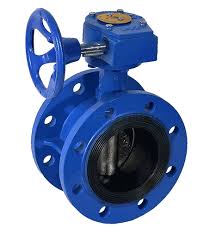
Gate Valve
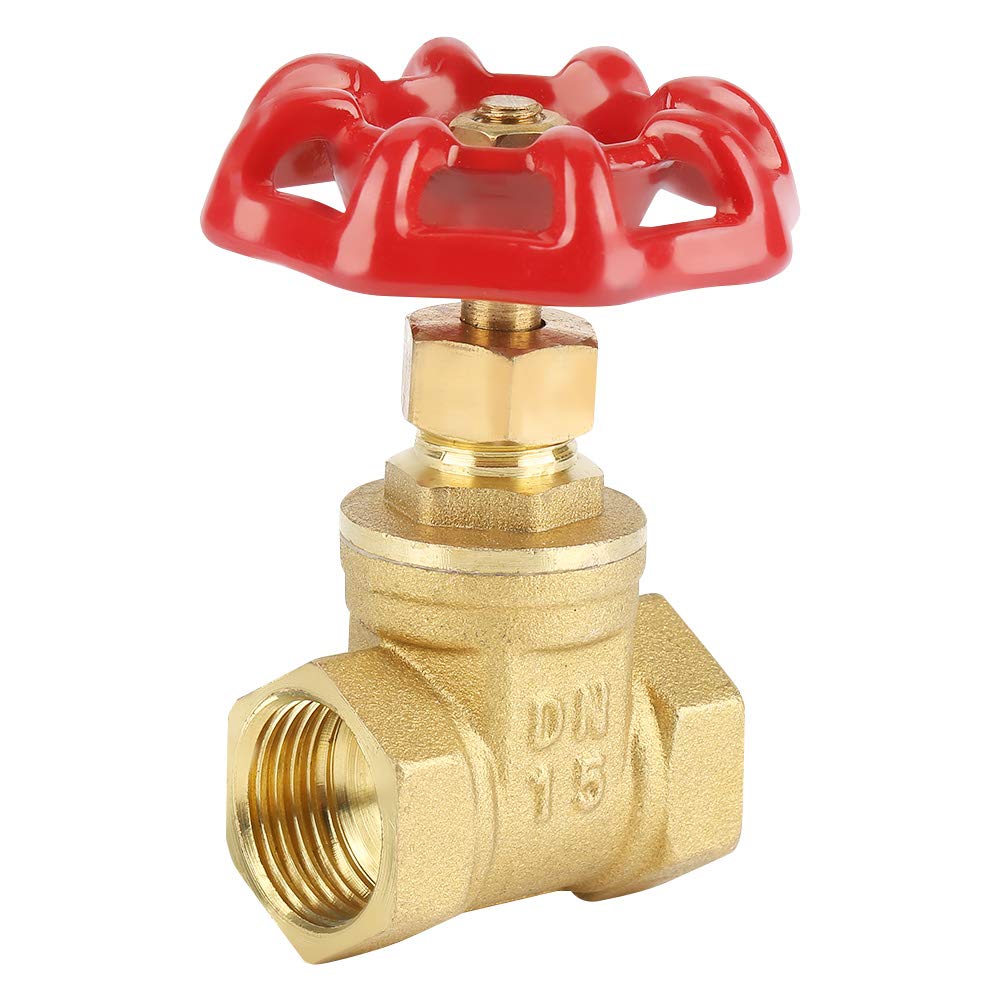
Ball Valve
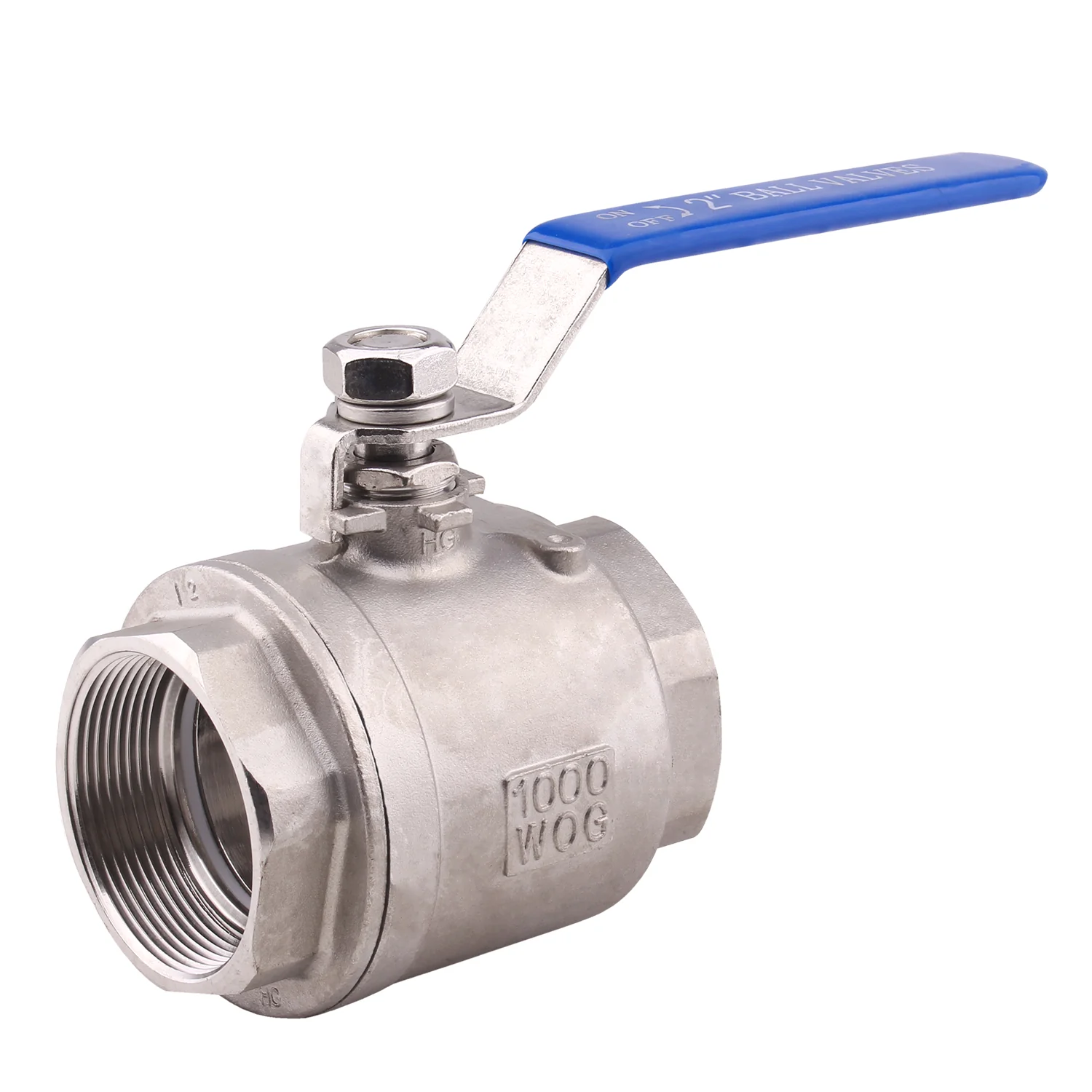
Check Valve (Image)
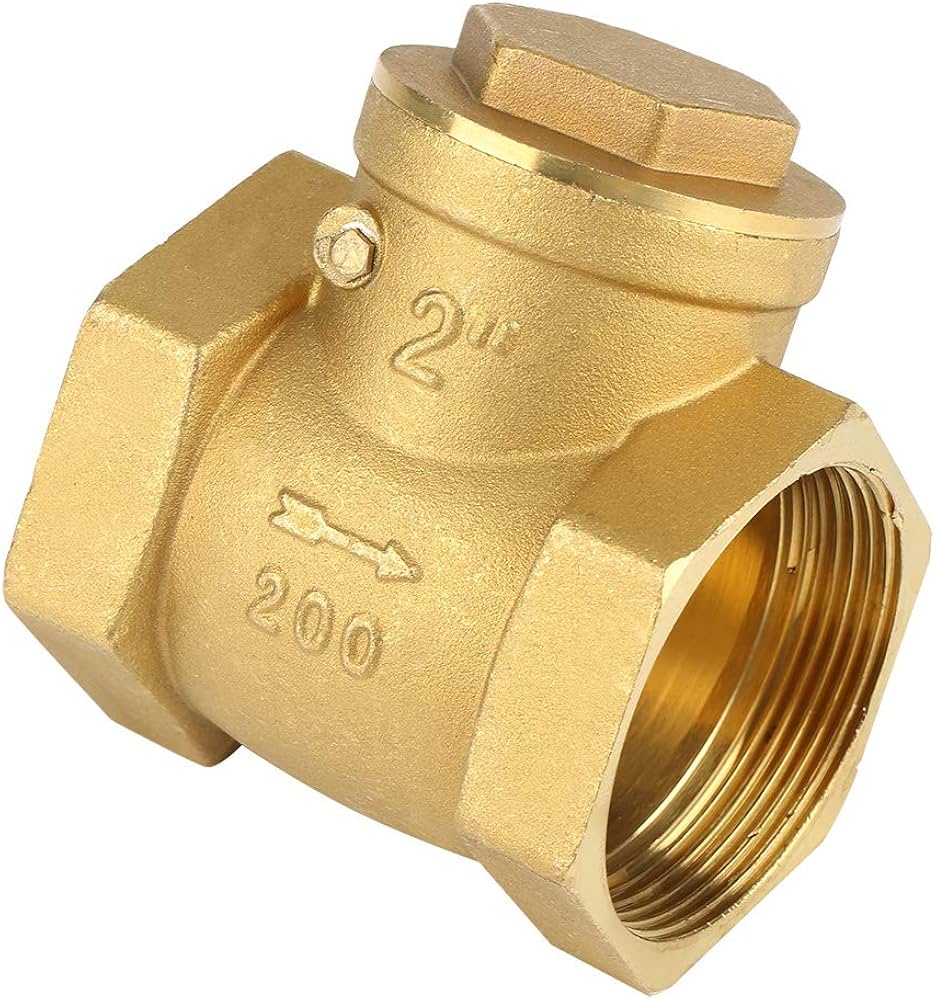
1⁄4 Degree Bend
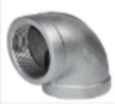
Cross Tee
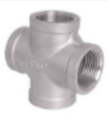
Fusion Weld
It is a pipe joining method that is used in PPR and HDPE Pipes
Cement Weld
It is a pipe joining method that is used in used in UPVC and CPVC
Soldering
It is a pipe joining method that is used in used in copper or brass pipes
Rotary Pipe Cutter
It is a pipe cutting tool that is used for pipes with a large diameter.
Hacksaw
It is a pipe cutting tool that is used for metal or plastic pipes of smaller diameter
Foot Valve
It is a non-return valve installed in a pump suction or at the bottom of pipelines to prevent water from flowing backward when the pump is off.
Float Valve
An automatic valve whose opening and closing are controlled by a float at the end of a lever.
Plumbing Appliance
Any one of a special class of device or equipment intended to perform a special plumbing function. Its operation and/or control may be dependent upon one or more energized components, such as motors, controls, heating elements and pressure-temperature sensing elements.
Plumbing Fixtures
These are approved-type installed receptacles, devices or appliances supplied with water or receive liquid or liquid-borne wastes and discharge such wastes into the drainage system to which they may be directly or indirectly connected.
Reverse Osmosis
It is the movement of liquid through a semipermeable membrane from a more concentrated solution to a more dilute solution. This is achieved by applying an external pressure to the solution on the more concentrated side of the membrane.